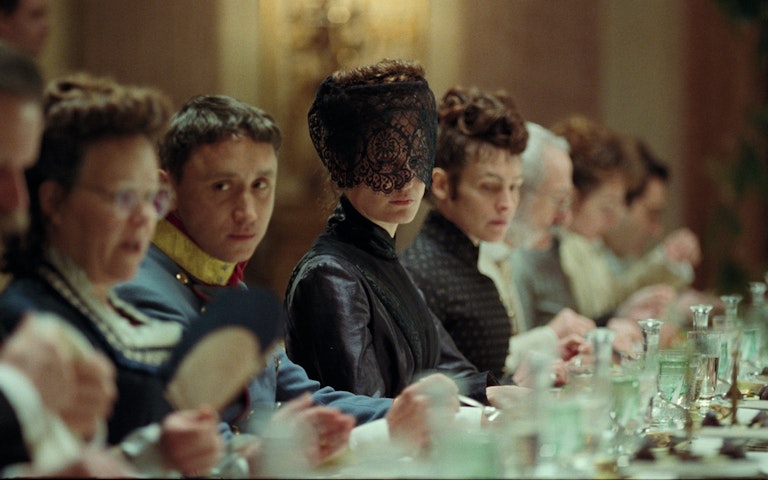Young Critics Review: Saint Omer

Saint Omer
Based on true events from 2013, Alice Diop’s first fiction feature Saint Omer examines the trial of the Franco-Senegalese Laurence Coly as she stands accused of murdering her infant daughter. Witnessing the trial is Rama, an academic soon-to-be mother who shares Laurence’s heritage. Prior to the trial Rama is introduced lecturing on the series of transferences between history, places, poetry, and violence as present in Hiroshima Mon Amour (Alain Renais, 1959), and the formalist rigor with which these ideas are put forth by Renais and Marguerite Duras is at the forefront of Diop’s mind. Most of the film is in the courtroom, and Diop’s documentary roots accentuate the time of the proceedings, employing a tense array of precisely composed shot/reverse shots, slashing across the space between the judge, prosecutor, Rama, and Laurence."The nagging feeling of insufficient justice is harrowing, exhausting, the film’s final image the only respite."
Laurence has already confessed, and for Rama, Laurence, and Laurence’s mother, the elusive “Why?” at issue illustrates the irreconcilable divisions ubiquitous in their relationships to the predominantly white judge and jury. A shared glance and an ambiguous smile between Laurence and Rama gestures towards this in a rare instance of formal flourish in the film: the soundtrack fades away, and Laurence is framed closer than before, her look leaving Rama in tears. No passive observations are present here, the film sears with an accumulating rage, the inexplicable crime a prismatic study into how oppressive systems can be charted in close-up. The nagging feeling of insufficient justice is harrowing, exhausting, the film’s final image the only respite: Rama, finally relaxed, holding hands with her mother.

Kenny Nixon
I’m a New York born, Chicago based studio cameraperson for Bally Sports/Stadium, who turns to criticism and film writing as a respite from work’s drudgery. I graduated from Northwestern University in 2021 with a degree in Film Production, with notable accomplishments including a B- for a paper on In a Lonely Place for being “too enthusiastic about Nicholas Ray”. I find strength in the films of John Ford and Maurice Pialat, as well as in his fandom of the New York Knicks.





